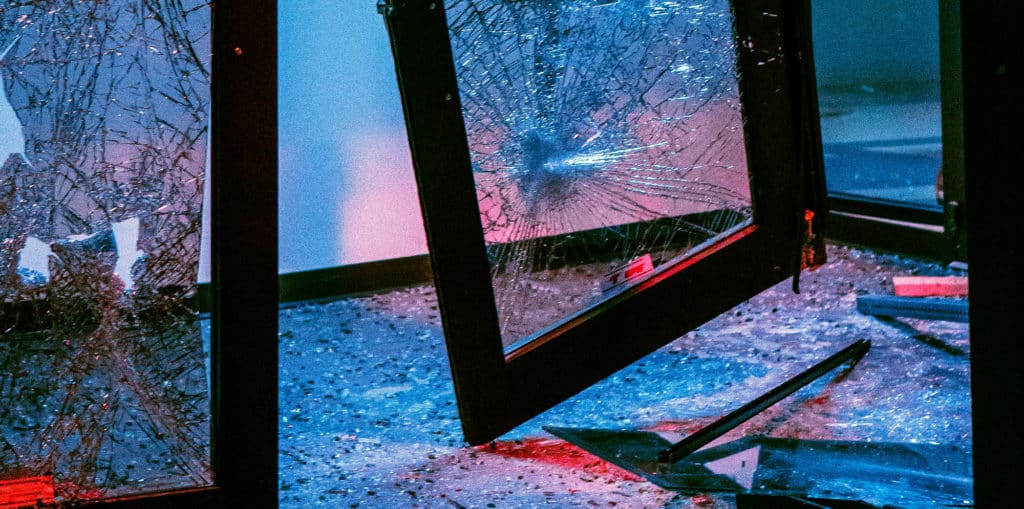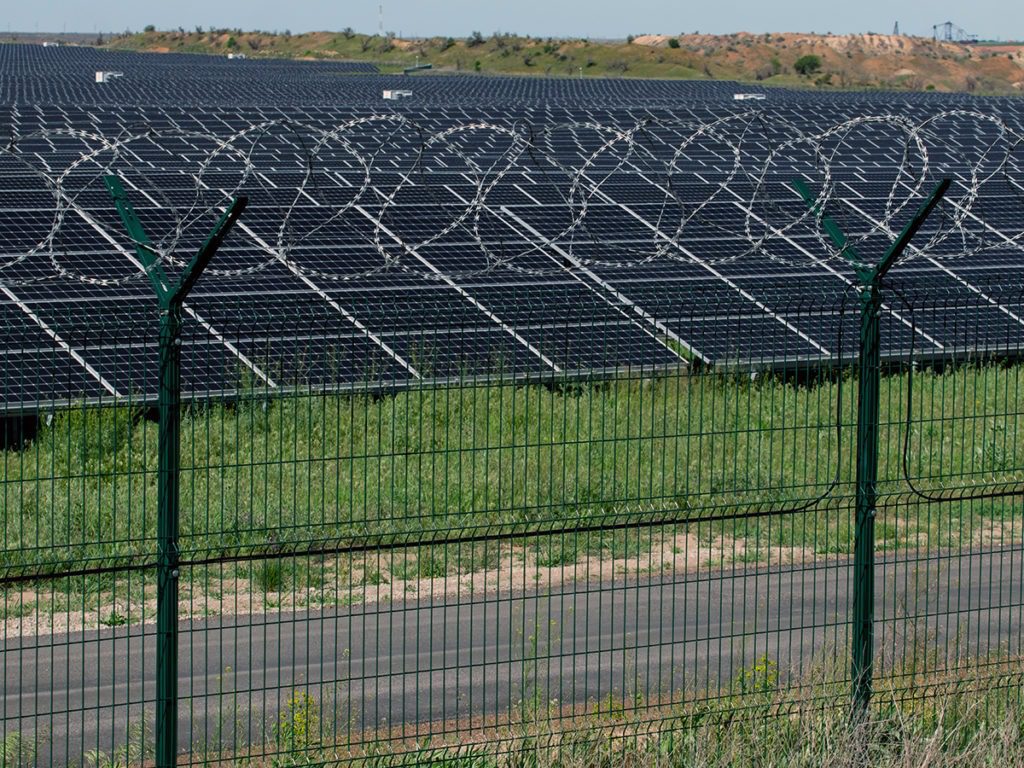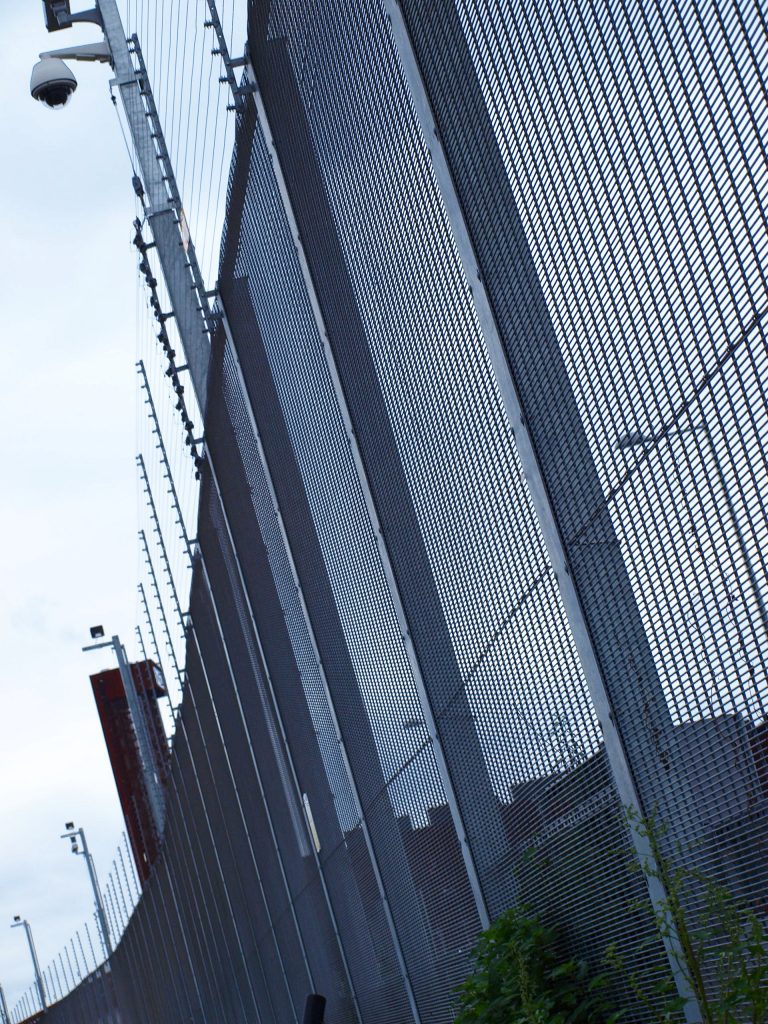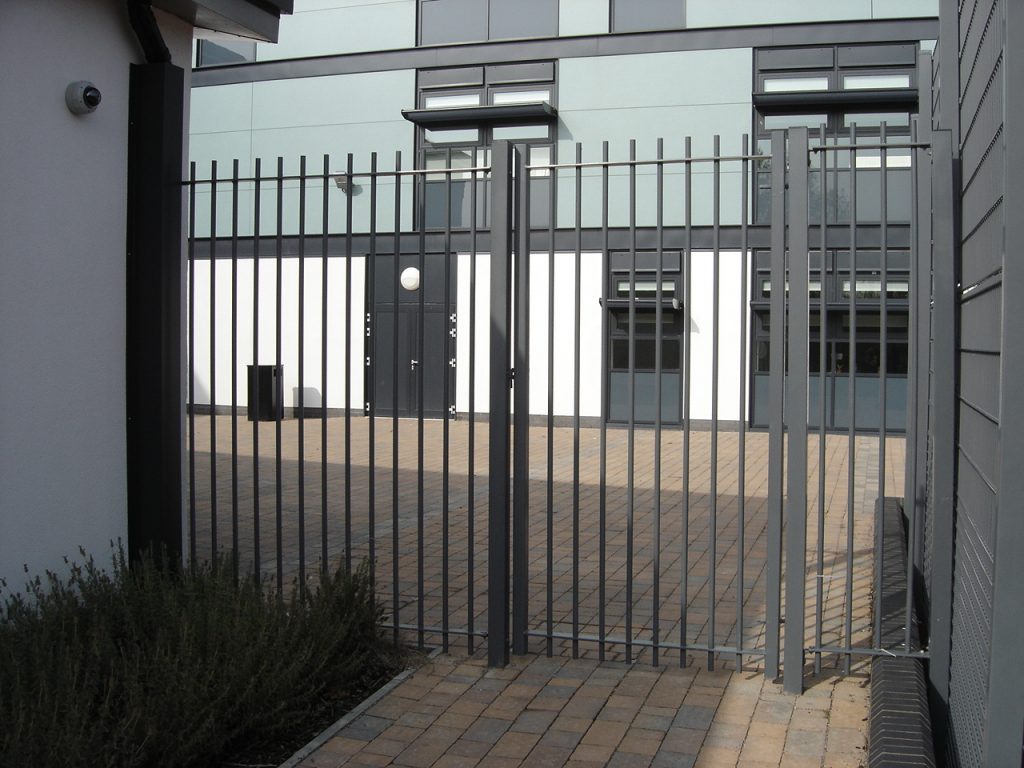We’re gaining a bit of a reputation as the company to go to when world leaders gather, and their protection needs to be guaranteed.
At the end of March, the arrival of 53 world leaders in The Hague in Holland for the Nuclear Security Summit (NSS) – for which Zaun, working with Hardstaff and Highway Care, designed, manufactured, installed and decommissioned the temporary high-security cordon around the summit.
Last year we provided the same service for the G8 Summit in Northern Ireland and the influential meeting of world leaders and the world’s commercial, political and financial powers at the Bilderberg conference at The Grove in Watford.
And in 2012 across the UK, we installed 30km of fencing to secure the London 2012 Olympics, including VIP emergency gates at the Olympic Stadium which were dubbed the Obama Gates, in case of attack during the highest-profile and most sought-after events, such as Usain Bolt’s historic 100m gold medal triumph.
It seems wherever Barack Obama and David Cameron are, Zaun is somewhere in their shadow quietly keeping them safe. And with the rhetoric between the West and Russia over Crimea and Ukraine reaching a crescendo – and Cameron announcing there would be no G8 at Sochi in June – the tension could not have been higher.
The third NSS is being held on the site of the war crimes tribunal and the Organisation for the Prohibition of Chemical Weapons, now playing a key role in Syria, which is seeing the Dutch rival Geneva as a global centre for peace and justice.
Zaun installed 13 gates and almost 3km of fencing. Much of it was designed to mitigate the attack by hostile vehicles or protesting mobs, 1.8km of its SecureGuard and 1.1km of its RDS Rapid Deployable System.
Debates within the security cordon focused on locking up the world’s nuclear materials more securely so they would not be so easy for terrorists to steal – a field again where Zaun has experience securing the nuclear industry.
The United States and Russia set aside their differences over Crimea to endorse the meeting’s final statement to enhance nuclear security around the world, together with other big powers including China, France, Germany and Britain.
To drive home the importance of being prepared, the hosts sprang a surprise by organising a simulation game for the leaders in which they were asked to react to a fictitious nuclear attack or accident in a made-up state.
Analysts say that radical groups could theoretically build a crude but deadly nuclear bomb if they had the money, technical knowledge and fissile substances needed.
In such an uncertain world, it’s good to know people are working hard in the background on preventative security measures.




